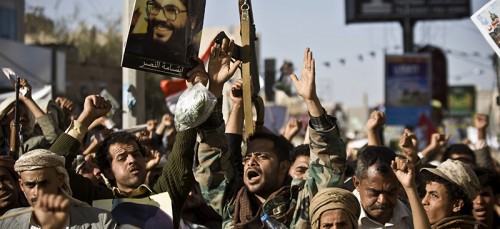
The Arab Spring started in Tunisia in December 2010 and swept through the Middle East, toppling dictators and corrupt regimes, as well as unsettling the general stability of the region and the lives of those who called it home. Since the onset of protests, rallies and civil wars, much of the attention has been placed on Syria, whose bloody civil war only continues to worsen, drawing neighboring countries into the mire as leaders begin to tackle ISIS and a growing terrorism threat.
Many, however, have forgotten Yemen. The country has been in and out of civil war since the mid-’90s and is slowly running out of water. The Arab Spring brought the Yemeni Revolution that deposed President Ali Abdullah Saleh after more than 33 years in power.
The revolution saw a shift in power first to Abed Rabbo Mansour Hadi, the new president, then to the Houthi people who took over once the entire Yemeni government stepped down in January.
The Houthis are Zaydist, which is an offshoot of Shiite Islam. The insurgency group comes from Yemen’s northwestern Saada province, according to the Washington Post. The ongoing civil war is between the Houthis, who are backed by Iran and former president Saleh, and forces loyal to former president Hadi. The conflict has also drawn in strong regional players.
Saudi Arabia announced that it would start an airstrike campaign in the country March 25, while Iran, the other strong regional force, has quietly funneled money and arms to the Houthis. The two countries are fighting a proxy war through Yemen.
“The Saudis have historically intervened out of concern for the Arabian peninsula,” Scott Hibbad, professor of political science, said. “It’s a larger struggle for power in the region and Saudi Arabia sees Yemen as a battleground for control of the region.”
The current civil war, and the roles of Saudi Arabia and Iran in the struggle, come as a result of the 2003 invasion of Iraq and how destabilized the region became, according to Hibbard. Saddam Hussein contained Saudi ambitions and when he fell, the Iranians filled the vacuum.
The airstrikes were called off momentarily April 22, but now appear to be continuing. The Saudis goal is to protect itself and its interests. A Saudi Defense Ministry statement said the campaign, Operation Decisive Storm, achieved its objectives, but the real objective is much larger than the Houthi people.
Now, according to Hibbard and Khaled Keshk, professor of Islamic studies, the world is seeing more proxy wars in the region, though Saudi Arabia and Iran are late to the game. The airstrikes are a Saudi power play that is taking more innocent lives than killing the rebels.
“There was a (proxy war) in Lebanon in the ’70s and now we’re seeing them in Iraq and Yemen, as well as other places,” Keshk said. “It’s not just Saudi Arabia and Iran — they are late comers. England, France, Israel, Russia and the U.S. have all had these proxy wars. It is actually one of the most favorite ‘games’ — regional or international. You can tell which country in this conflict is (an up-and-coming power) from the fact that Iran is using the Houthis while Saudi Arabia and Egypt are actually committing troops to the conflict.”
The U.S. is also involved in the conflict and in the country itself. America has been fighting in the region for many years against Al-Qaeda in the Arabian Peninsula, or AQAP, trying to rid the region of the terror organization. During the Arab Spring, the Yemeni people and government relented against the efforts of AQAP.
With the rise of ISIS and continued destabilization of the region, America now has a vested interest in ensuring the country does not fall into the hands of AQAP or any other government whose ideals do not line up with American interests. The civil war in the region has become a three-way civil war, according to Hibbard, with America, Saudi Arabia and Iran leading the efforts.
“The U.S.’ interest was always to get rid of AQAP. We worked with Saleh until he became a liability,” Hibbard said. “Our concern now is that AQAP will resurge.”
To counteract that possibility, the U.S. has few viable options — especially when considering the numerous grievances of the Yemeni people, which include running out of water and economic disparity. A push too far could turn America into an enemy instead of a potential friend. The Yemeni people, as it stands, have a lot on their plate with the civil war and their economy faltering. The airstrikes are merely another addition to a complex situation that has been overtaken by outsider interests.
“The saddest thing about this whole conflict, as it is with this region, is the amount of punishment that is being inflicted on the Yemenis who, unlike the Houthi minority, the military or Iran, have nothing to gain and everything to lose,” Keshk said.


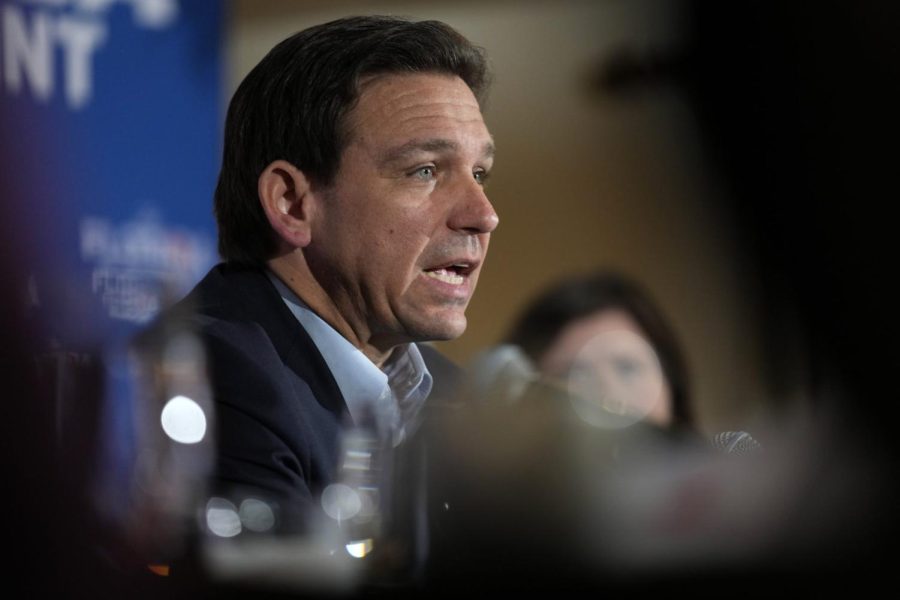
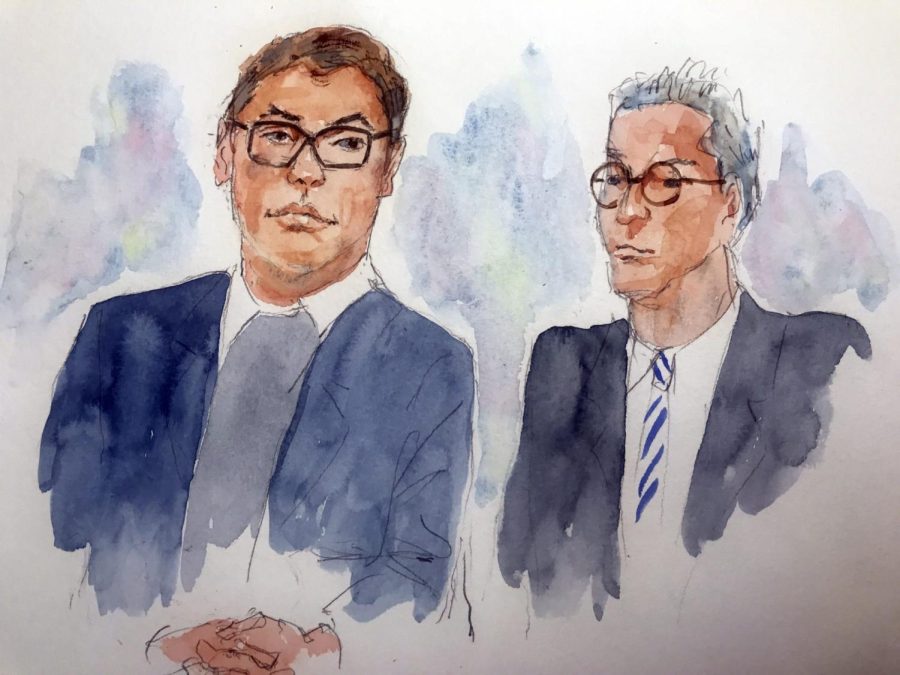

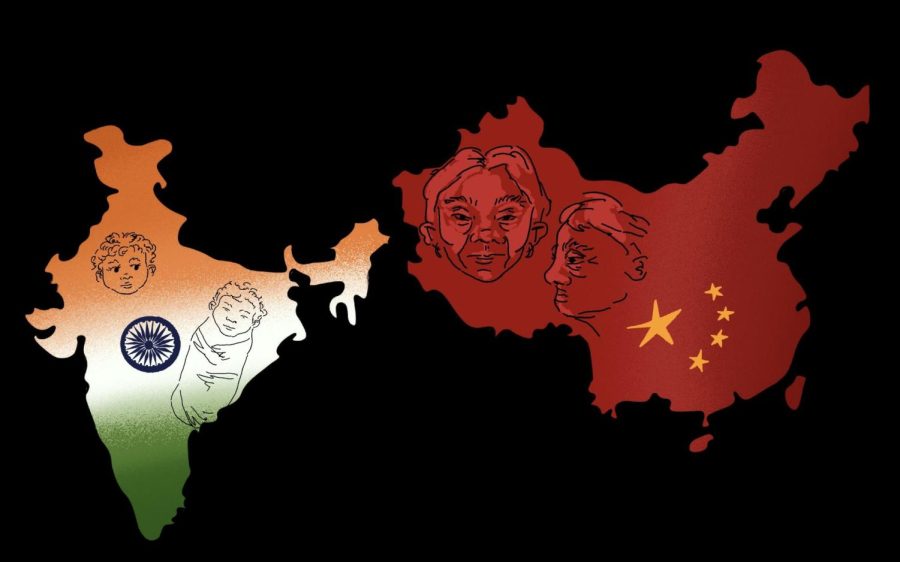
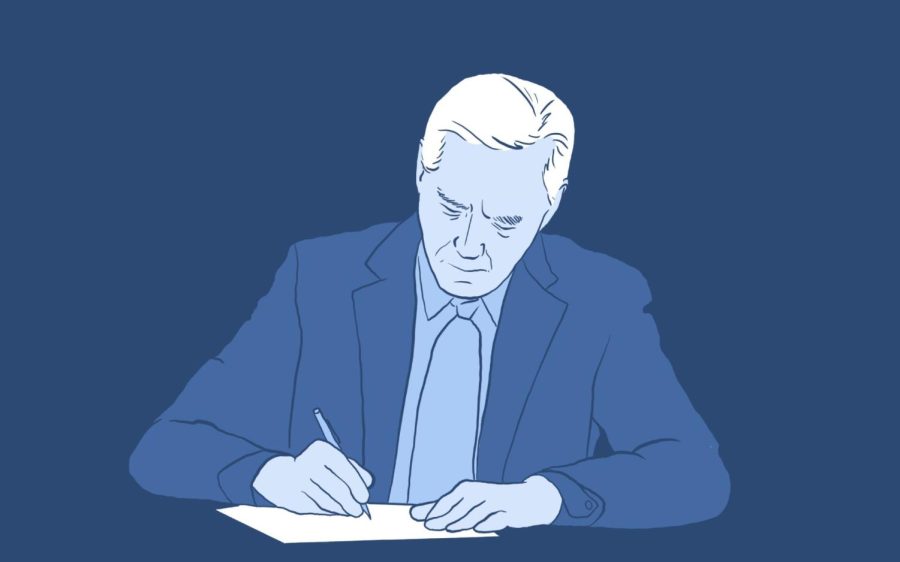

Arafat • Apr 27, 2015 at 12:03 pm
I’ve got a novel idea. Let’s do nothing. Let the Muslims deal with their own problems for a change. Let’s let countries like Saudi Arabia, Qatar, Kuwait with their endless ocean of money and Western-bought armaments figure it out instead. Surely they – being practitioners of the religion of compassion and peace – will step right up to the plate in our stead.
OK, you caught me there. You knew I was kidding! You knew what I know which is that there is no answer to these Islamic cesspools. Whatever we do will be discredited and if we do nothing then Syria and Yemen will become just another country in the endless line of Hell on Earth Islamic countries.
We cannot save Muslims from themselves. It is like trying to save an alcoholic. Until they are ready to abandon their religion – a religion that emphasizes aggression and violence and sadism – anything we do will simply be a band-aid on a gaping wound.
Let them go through their DTs on their own. Only then will they be ready for our friendship and help, and only then will we find a way forward together as friends.